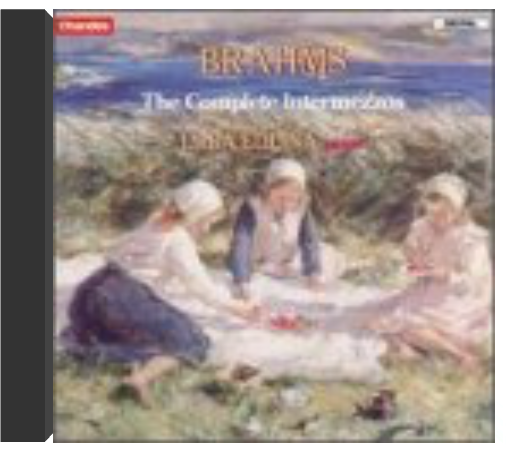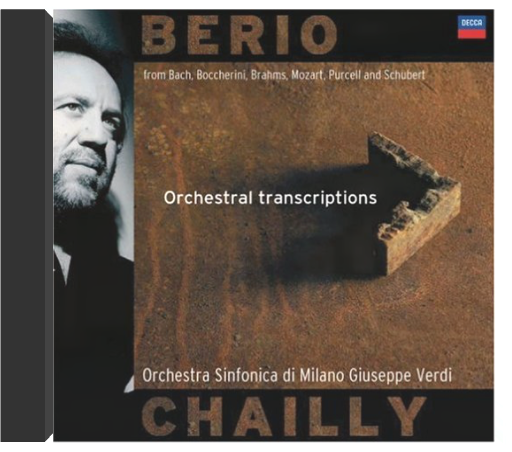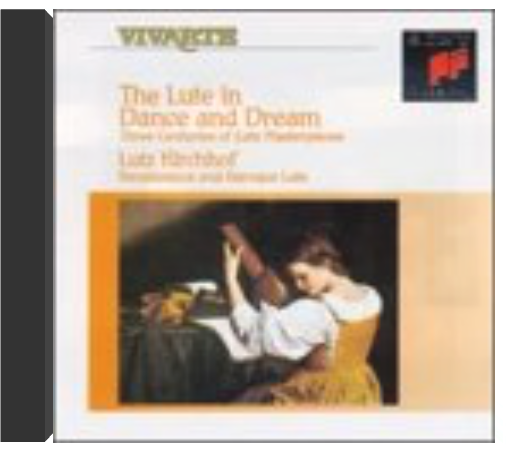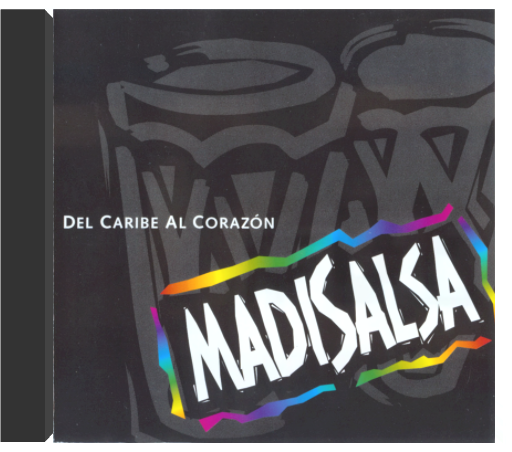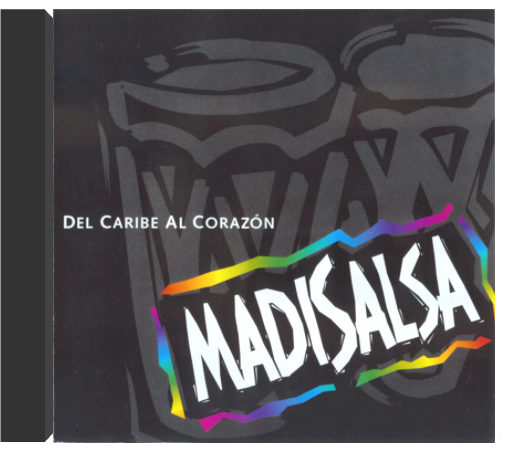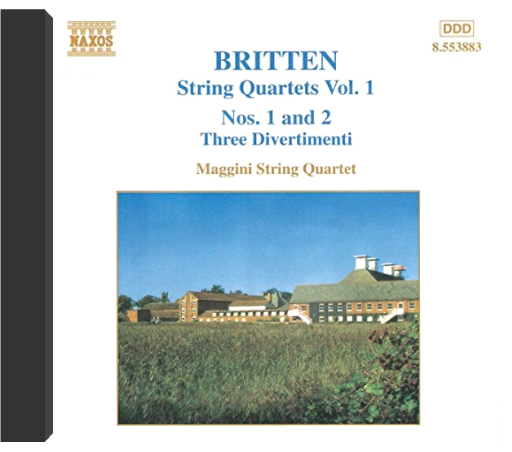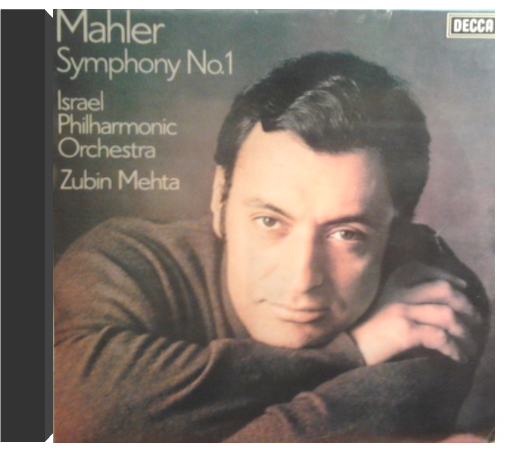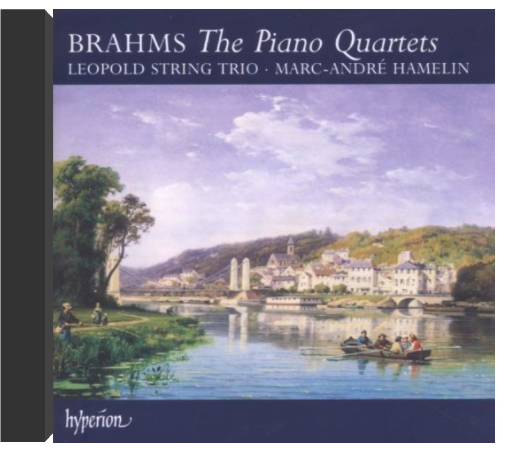 Voice of ChunkLounge Lizards Voice of ChunkLounge Lizards After a few revisions to the band's lineup, John Lurie had a brilliant cast for his Lounge Lizards' Voice of Chunk, which came out on his private label in 1989. Now that Lurie's got his strong Strange & Beautiful label, Voice is in wide circulation. And that's a good thing. It's probably the best work this lineup of the Lizards had to offer. Keyboardist Evan Lurie and guitarist Marc Ribot show themselves clearly up to fulfilling the leader's noirish, additive aesthetic. Additive, you ask? Lurie's a builder. He takes small cells, little turns of phrase, and then layers instruments, approaching the nugget, making for muted thrills as listeners glean the simplicity of the melodies and the sophistication of the instrumental combination (Roy Nathanson on saxophones, Curtis Fowlkes on trombone, percussionist E.J. Rodriguez, drummer Dougie Bowne, and bassist Erik Sanko round out the octet). The solos appear more ascetic, or at least more downturned, in their key signatures and structures. If you're wondering where to find a window on Lurie, a fantastic guy with soundtrack and film credits galore, this is as fine a place to look as any. —Andrew Bartlett 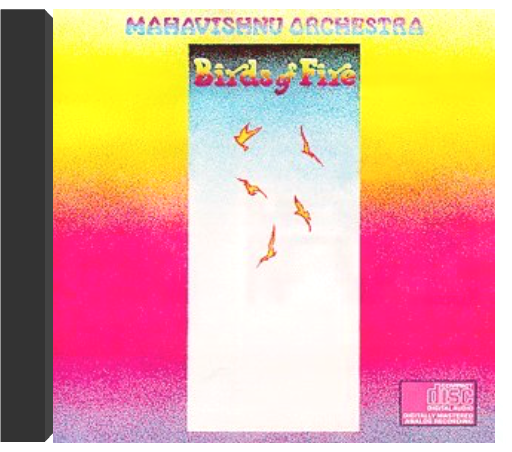 Birds of FireMahavishnu Orchestra Birds of FireMahavishnu Orchestra Thanks to yet another pristine digital remastering from the archivists at Legacy, we are drawn deeper into the creative vortex of John McLaughlin's groundbreaking fusion ensemble, captured at the peak of their powers in August 1972. By this time, Mahavishnu were headliners, and by offering greater bass extension, more air and resolution, and a clearer sense of distinction between the component parts, McLaughlin's collaborators sound clearer in their shaping of the group's overall sound. Clearly, guitarist McLaughlin was the creative lightning rod, as his chanting solo on the title tune suggests, colored as it is by the cathartic melodic fire of late Coltrane and Hendrix. Likewise, his interest in the vocalized scales and extended rhythmic cycles of Indian classical music reveals itself in the round-robin solo exchanges on showstoppers like "Celestial Terrestrial Commuters" and "One Word" and in the more formal designs of "Hope" and "Resolution." 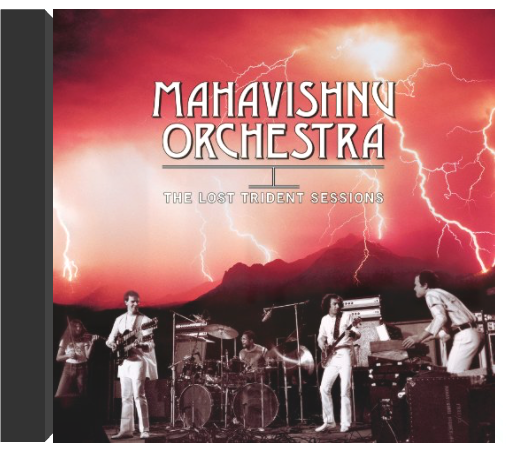 Lost Trident SessionsMahavishnu Orchestra Lost Trident SessionsMahavishnu Orchestra Recorded during a brief stopover in London on June 25, 1973, these unprepossessing studio performances, despite (or maybe because of) the heavy compression (particularly on the drums) and a mixed-on-the-fly feel, convey far more of the edgy, go-for-broke energy, ferocious solo intensity, and telepathic interplay of Mahavishnu's peak 1973 live shows than their only live album (the August 12, 1973, Central Park performance caught on Between Nothingness & Eternity). McLaughlin's extended forms, "Dream" and "Trilogy," are made up of hyperkinetic blues vamps, classical elements from both the Western art music and Carnatic traditions, shifting minor modes and complex rhythmic cycles, while keyboardist Jan Hammer's "Sister Andrea" adds a welcome touch of funk to the formula. Unreleased tunes by violinist Jerry Goodman and bassist Rick Laird shed new light on their contributions to the band's overall repertoire, and everyone plays like their life depends on it—no one more so than Billy Cobham, whose ability to swing rock rhythms and depict a wide range of dynamic nuances is simply remarkable. Cobham's ferocious exchanges with the guitarist walk the line between Hendrix-style psychedelia and Coltrane-like dervish dances. A thrilling snapshot of fusion's musical possibilities before it all went sour. —Chip Stern |
 Made with Delicious Library
Made with Delicious Library

